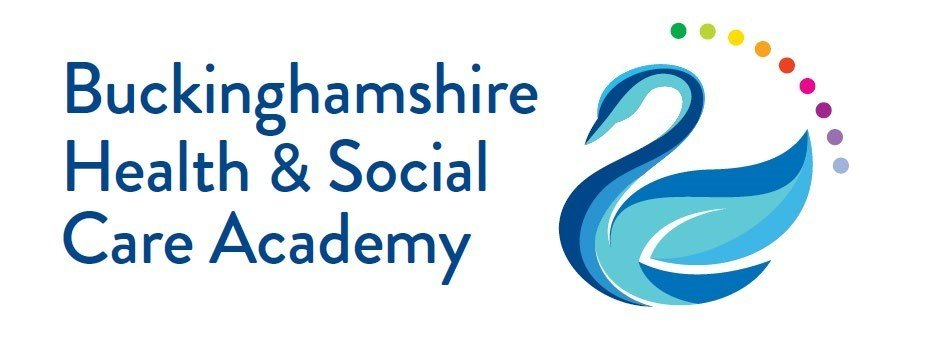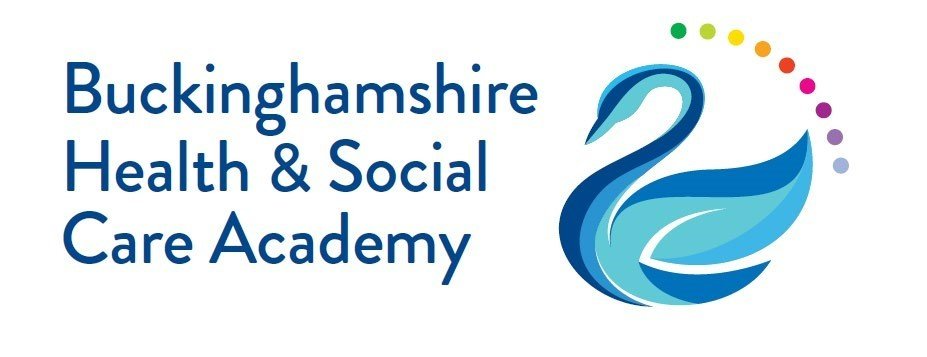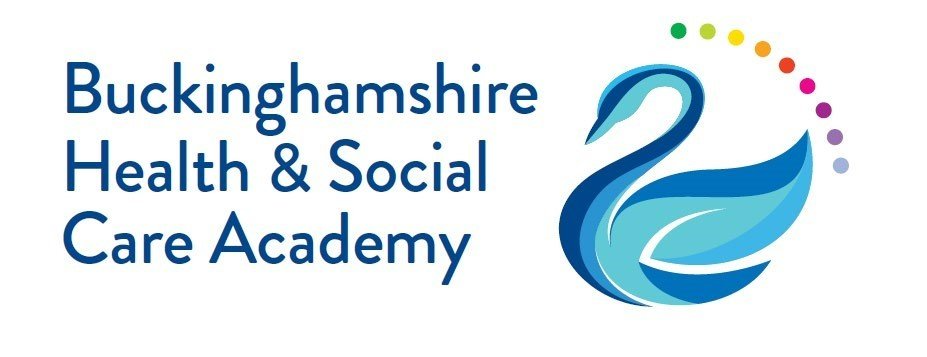
Keep up to date with us on LinkedIn:
Our Vision
To implement a strong coaching and mentoring culture across our partner organisations to support employee performance and wellbeing
Our Mission
To make coaching and mentoring accessible to all by:
- Offering accredited coaching and mentoring training programmes
- Creating a diverse pool of coaches and mentors from across our partner organisations
- Providing a friendly application process to support employees in finding the right coach or mentor
- Ensuring continuous professional development for coaches and mentors
What our members say:
"I do feel part of a community"
“I now listen more and lead my team with greater empathy”
“I love that wider network of support from the different partners”
“Coaching has reignited my passion for my role and my team”
Services and Programmes
offered through The Coaching and Mentoring Pool:
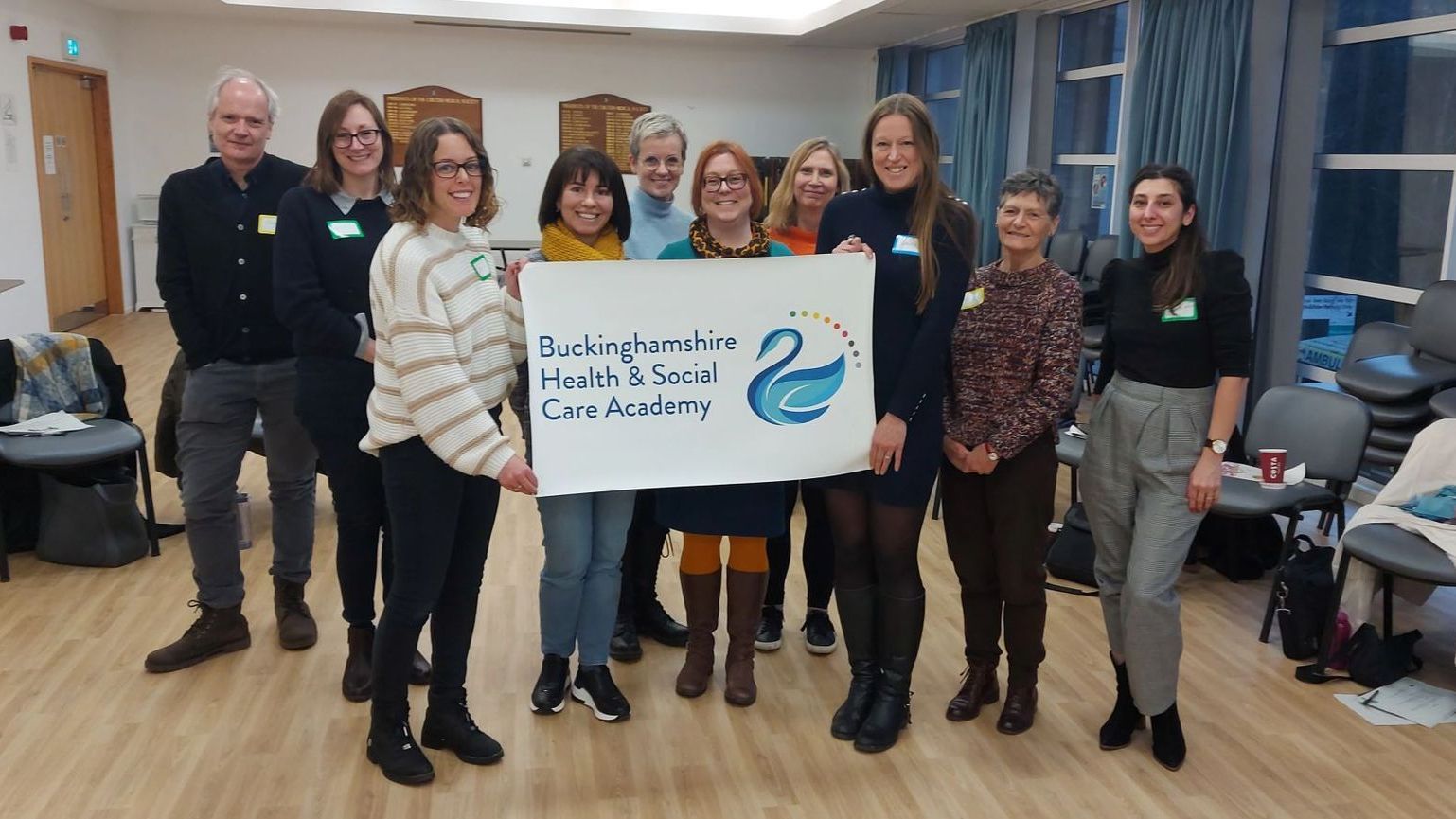
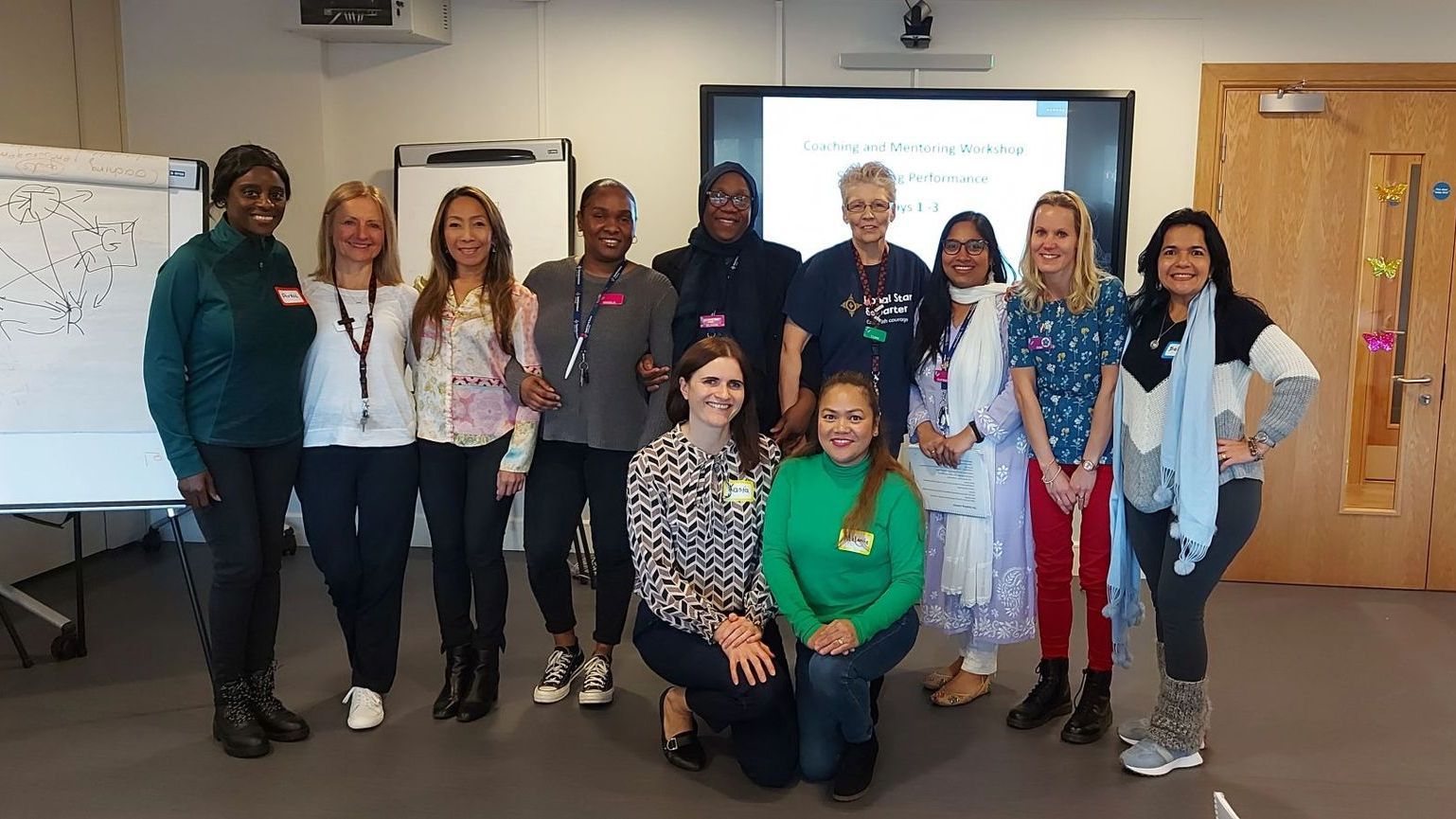
Interested in finding a Coach at Work?
Mentoring as a means of improving Leadership skills in the workplace.
Level 3 Coaching and Mentoring workshop
BHSCA are running an Advantage accredited workshop to gain a Level 3 qualification in Coaching & Mentoring.
Level 5 Coaching and Mentoring workshop
BHSCA are running an Advantage accredited workshop to gain a Level 5 qualification in Coaching & Mentoring.
Let's Talk about Vaccines (LTaV)
Find out more about the 2.5 hour LTaV training and the 1 or 2-day LTaV Change Coaches programme.
Find a Leadership Mentor
Mentoring as a means of improving Leadership skills in the workplace.
Career Coaching
Coming in 2026
Executive Coaching
Involves a series of one-on-one interactions between an executive and an external coach.
360° Leadership Feedback
A process using leadership feedback, gathered from an employee's teams, peers, colleagues and supervisors, as well as self-evaluation.
Let's talk about Vaccines -
Change Coaches 2-day programme


The process of establishing a coaching relationship
- Identify the need for coaching.
- Find suitable coach via the Coaching Pool.
- Discuss the needs for coaching, agree on coaching goals, and establish timeframes and review mechanisms with coach, individual and line manager (if required).
- Commence coaching interventions with coach and coachee.
Benefits of Coaching and Mentoring
Improved Performance: (30% increase in goal achievement and performance)
Enhanced Leadership Skills (25% improvement in leadership effectiveness)
Greater Career Satisfaction (40% increase in job satisfaction and career fulfilment)
Stress Reduction and Wellbeing: (20% reduction in stress levels and a 35% improvement in overall wellbeing)
Enhanced Self-Awareness (50% increase in self-awareness, which is critical for personal and professional growth)
Stronger Relationships (30% improvement in professional and personal relationships)
Increased Resilience (40% more resilient in the face of challenges)
What is coaching?
Coaching is a conversation-based approach to moving someone from where they are to where they want to be.
Coaching creates clarity of purpose and direction, challenges limiting beliefs and self-talk, and encourages clients to move towards successful resolution of their issues, challenges and opportunities.
What is mentoring?
Mentoring is a relationship in which a more experienced colleague shares their greater knowledge to support the development of an inexperienced individual. It calls on the skills of questioning, listening, clarifying and reframing that are associated with coaching.
Differences between coaching and mentoring
Mentoring:
- Required experience and knowledge in the area being mentored
- Often uses advice and knowledge sharing
- Usually related to a profession
Coaching:
- Doesn't require any experience or knowledge of the area being coached
- Non-advisory (although there may be times that advice is appropriate)
- Not profession specific
Please click below for:
Kasia Nissanka
Organisational Development and Leadership Faculty Project Manager
Kasia is a certified transformational life and career coach holding ACC ICF credentials (International Coaching Federation Associate Certified Coach). She holds a Master’s Degree in Occupational Psychology and has over ten years of experience working in Health and Social Care.
Since 2018, Kasia has been working as a coach, supporting professionals at all levels (from graduates to senior leaders) with issues related to confidence, stress management, career change and transitions. She is trained in a trauma informed coaching approach and is passionate about increasing the awareness of early childhood experiences and how they may impact our personal and professional lives. Kasia’s main value is authenticity, and her aspiration is to be able to implement authenticity as one of the core values in today’s organisations, where employees feel connected, safe, and empowered to unlock their full potential.
Kasia joined the BHSCA in February 2023 and is honoured to participate in the mission of implementing a coaching culture and learning mindset within organisations.

Email Kasia below:
Jason Greasley
Head of Coaching and Leadership Transformation
Coaching
Jason has been coaching for many years, both formally and informally, and has worked with people from a variety of backgrounds, including the military, NHS, Council and more recently the charitable sector. Jason is an Executive Coach and Mentor and is qualified in ILM, EMCC, Team Coaching, Psychometric Assessments, Neuro Linguistic Programing and Workplace Mediation. His coaching philosophy is all about enabling individuals to work towards being the best they can be and supporting them to change their relationship to a problem.
Mentoring
Jason has been a leader and manager for over 20 years in different sectors and has managed large departments, divisions and complex teams, both in the UK and abroad. He has a passion for development and is qualified in project, risk and change management, leadership development, equality diversity & inclusion, mental health first aid and human factors. Jason has mentored many people over the years, mainly in the capacity to support them on their leadership journey.

Email Jason below:
